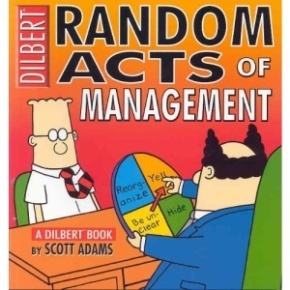There are two approaches to building organisational culture:
One has a deficit focus: detect errors, analyse root causes, plan remedies, and implement corrections. The second has an appreciative, positive focus: seek and draw out human strengths so the organisation self-organises to be even better.
With respect to company ethics, the first approach, deficit focus, is whistleblower territory. The company is reactive. It responds to whistleblower reports, either external or internal, by racing to fix worrisome, distracting, and sometimes crippling problems that have already struck the company, problems caused by “outliers.” The second approach, appreciative focus, is rowboat territory. The company addresses prevention. It seeks to avoid problems entirely by helping the 80-99 percent majority achieve the high ethics they aspire to. Instead of fighting ethical breakdowns, it builds an organizational culture that encourages ethical conduct.
For ethics programs, the two approaches are not an “either/or” choice. Both are required. Problems created by the minority must be resolved, but helping the majority prevent problems deserves much more attention, is ignored too often, and has an important side effect: Peer influence can pull an outlier minority toward majority norms.
Behind every story of violations of law, there is an ethical conduct advocate aka whistleblower. When they are applauded for their acts of courage, the tables will turn to force out leadership that goes along to get along.





Leave A Comment